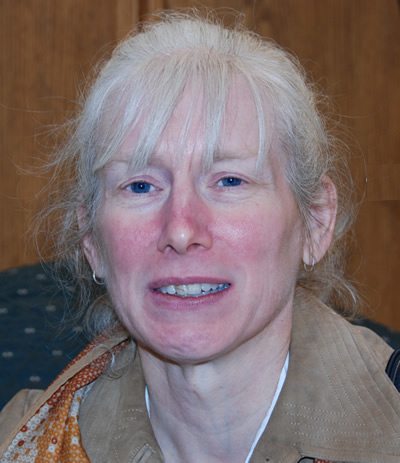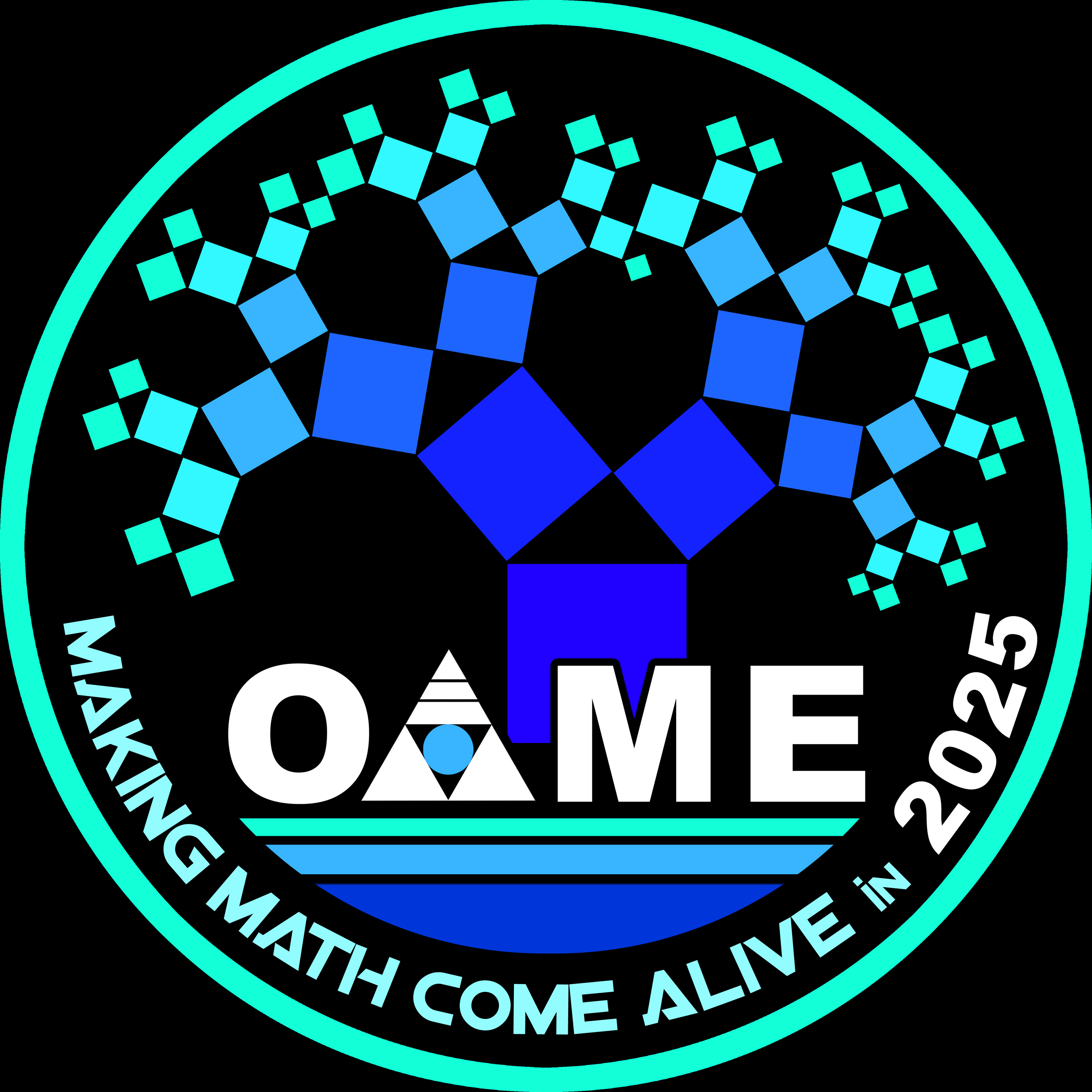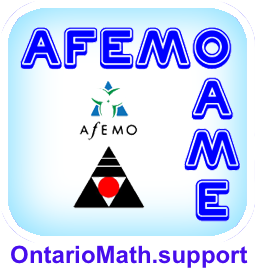President's Message - June 2009
Reflections on the Classroom

BEVERLY FARAHANI
bamfarahani@gmail.com
By the time you read this message, the school year will be over. Hopefully, you will take some time to reflect on how your year went. A teacher makes a big difference in the life of a student!
As a classroom teacher, my main focus is my students and how they are progressing mathematically. Many things, from pedagogy to teacher knowledge to teacher beliefs to student life, influence what happens in a math classroom.
Think back to the first time you taught a particular topic or class. You planned a lesson, hoping that everything would go well. Sometimes the lessons were great other times it was less than stellar! Each time you teach a topic, you become more able to anticipate what a student might ask or what misconceptions students need to overcome in order for them to have a better understanding. Talking to other teachers or attending professional development can also help provide alternative methods or new ideas. Being outside your comfort zone is sometimes scary, but is very important for a teacher! It can help remind you how students might feel in your classroom. I am constantly reminded that "Life is a journey, not a guided tour." Eventually, students need to feel they can travel through mathematics, without you holding on to their hand as tightly or as often as you did in the beginning.
In a supportive, motivational, learning environment, students tend to ask more questions. In fact they may end up delving deeper into a concept, than you first intended! A colleague once shared the following story: A student, in a grade 12 class, asked "Can we work backwards?" The teacher, knowing full well what the student was talking about, but unsure if the other students understood, asked "What do you mean by that?" As the student clarified what she was asking about, many other students started to nod in agreement - they too wanted to know! The teacher gave an example of what students considered to be a final answer and asked "Where did it come from?" Students shouted out something, which was an acceptable response. Before the teacher could make any comment, a voice from the back of the room altered the answer slightly and the class agreed that the small change improved the class response. Students felt they had discovered something special because they had ownership of the mathematical concept.
I think often of a comment made by a student, "A math class has to be a place where it is encouraged that you learn more than you know; a place where doing whatever it takes to advance learning (asking questions, seeking help, etc) is given priority. No question is ignored simply because it disrupts the flow of the class. The teacher does what is in the students' best interest, not their own."
I hope that your classroom is a place where mathematical thought and processes flourish, trusting that this will further enhance student understanding, helping them to meet the demands of the curriculum.
Previous Message:
Embracing Change in Mathematics
Next Message:
Refreshed and renewed


















 Like us on FaceBook
Like us on FaceBook